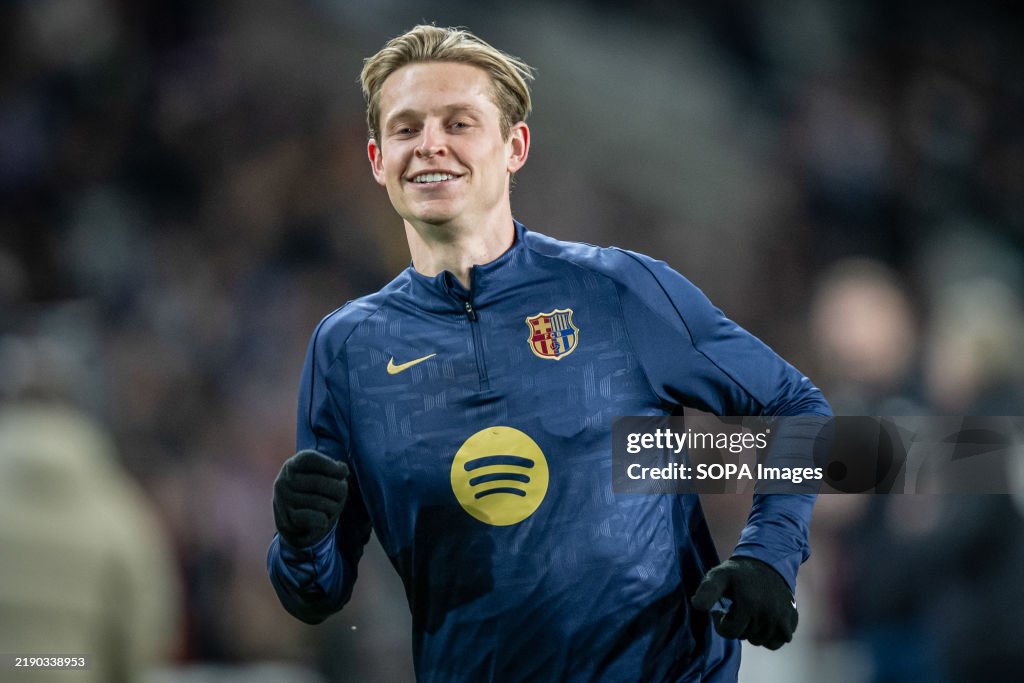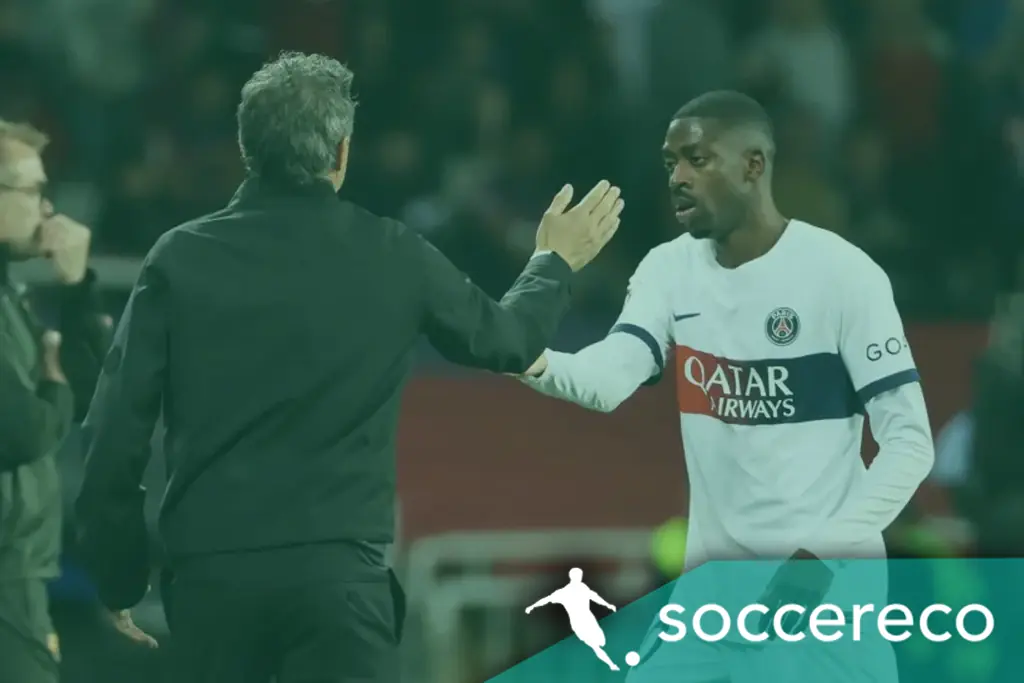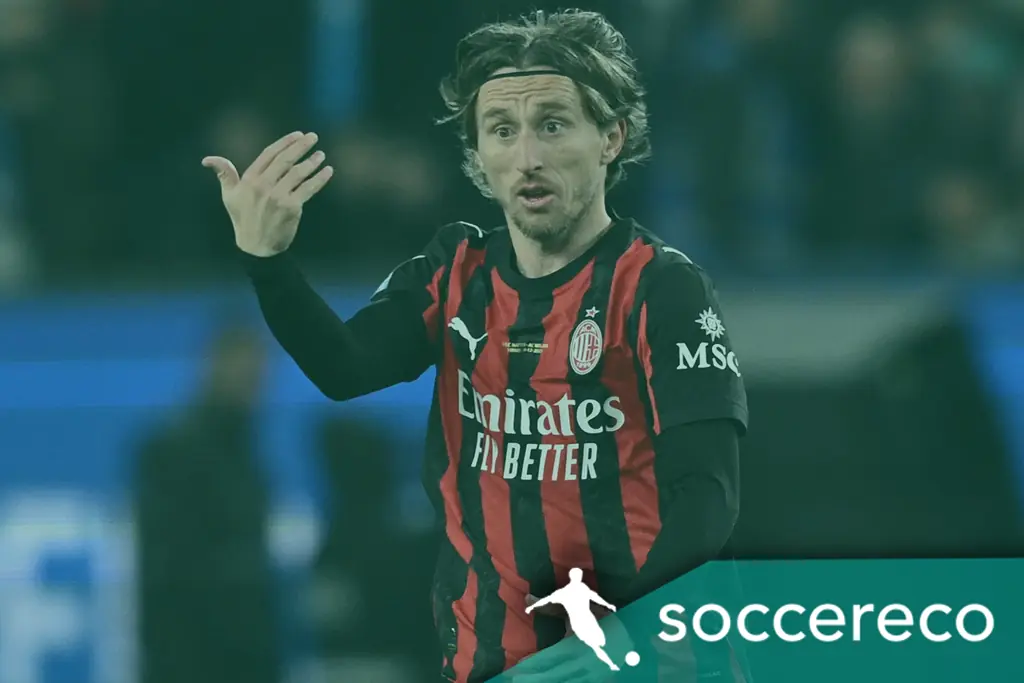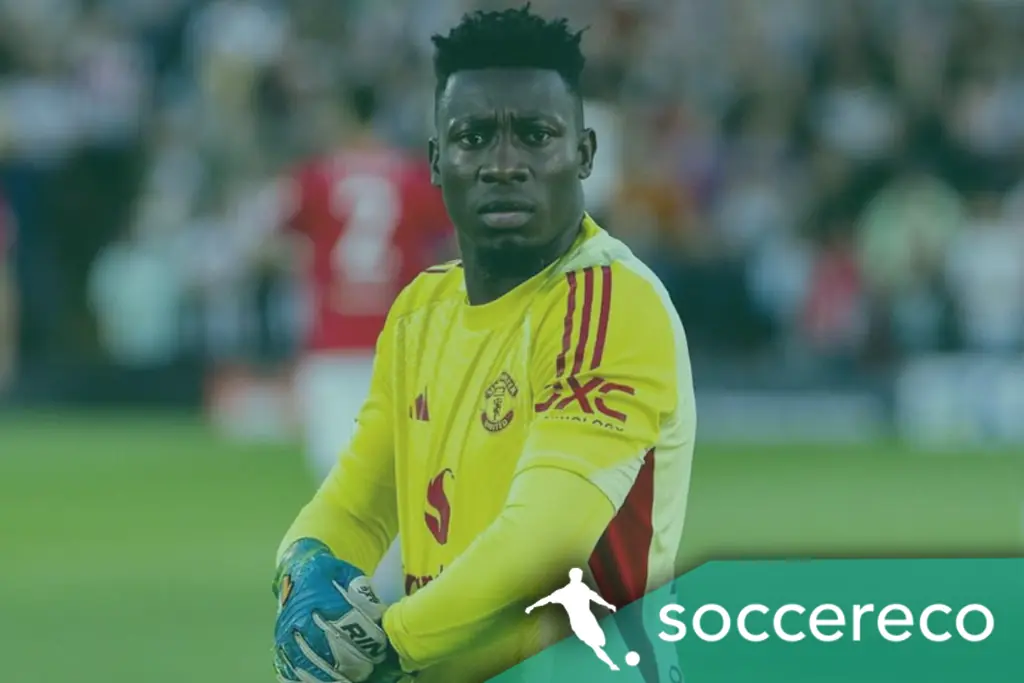Frenkie de Jong believes that the quality of football is declining due to the overwhelming number of matches. "What I also notice in myself is that the excitement is disappearing."

The issue of the overcrowded football calendar has become one of the most debated topics in recent months, sparking widespread concern among players, coaches, and fans alike.
The relentless pace of matches at the highest level has raised questions about the sustainability of modern football. Rodri, the Ballon d’Or-winning midfielder, even floated the idea that players could resort to striking if no solutions are found. The concern isn’t just about the physical demands on players but also about the broader impact on the sport itself, as expressed by Barcelona star Frenkie de Jong.
De Jong, one of the most technically gifted midfielders in the game, emphasized that while football at the top level remains thrilling, the sheer number of matches has turned it into an unhealthy endeavor. “It’s not the nature of top-level football that’s unhealthy,” he clarified, “it’s the sheer volume of matches.” For De Jong, a reduction in the number of games would be beneficial for several reasons. “Playing fewer matches wouldn’t just reduce the physical strain on players; it would also help maintain the quality of the game,” he argued.
One of the most significant issues, according to De Jong, is the lack of time to train during the season. “The big problem is that there’s never any time to train. You’re only recovering,” he explained. This constant cycle of playing and recovering leaves little room for tactical or technical improvements. Most top clubs, De Jong noted, rely on the preseason to lay the groundwork for their campaigns. Once the season starts, progress is largely driven by analyzing matches and reviewing video footage, rather than actual training sessions. This approach, while a necessity given the packed schedules, has its limitations. Players become more fatigued as the season progresses, and the cumulative fatigue inevitably impacts the quality of football on display. De Jong questioned whether this approach is sustainable or healthy, both for players and the sport.
The Dutch international also shared a more personal reflection, one that goes beyond physical and technical concerns. He spoke about the diminishing excitement that comes with the current glut of matches. “What I’ve noticed personally is that the excitement is disappearing. When I was younger, you’d look forward to a European match or an international game for days. Now, you just turn on the TV, and there’s always a match on somewhere.” This constant availability of football, while appealing on the surface, has diluted the magic and anticipation that once surrounded high-profile fixtures. For De Jong, the over-commercialization of the sport is a significant part of the problem. “They’re commercially milking football dry. I think it’s such a shame,” he said, lamenting the prioritization of revenue over the sport’s intrinsic value.
De Jong acknowledged the common argument that professional footballers, given their substantial earnings, shouldn’t complain. “Then you hear people say, ‘Yeah, but those guys earn a lot of money, so they shouldn’t complain.’ But it’s not even about the money. You have to look at the quality of the game,” he countered. The relentless scheduling, driven by commercial interests, is not only taking a toll on players but is also lowering the overall standard of football. For a player like De Jong, who takes immense pride in the technical and aesthetic aspects of the sport, this decline in quality is deeply troubling. He believes that fewer matches would lead to better performances, more meaningful competitions, and a renewed sense of excitement for players and fans alike.
The debate over the crowded football calendar is unlikely to subside anytime soon. As players like De Jong and Rodri voice their concerns, the question of how to balance the demands of the game with the well-being of its players and the quality of the sport remains unresolved. Without meaningful changes, the very essence of football risks being compromised in the pursuit of ever-increasing revenues and exposure.
Updated: 08:01, 2 Jan 2025








